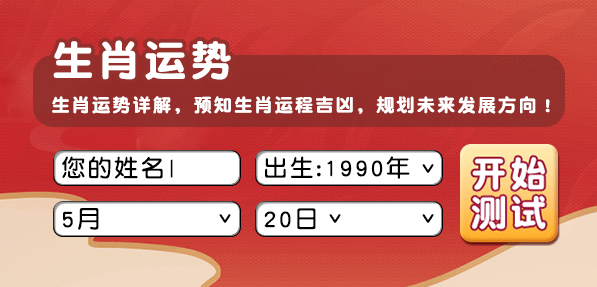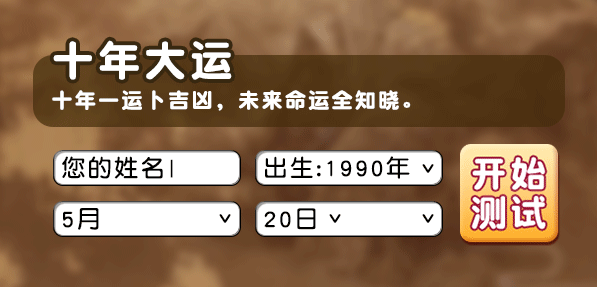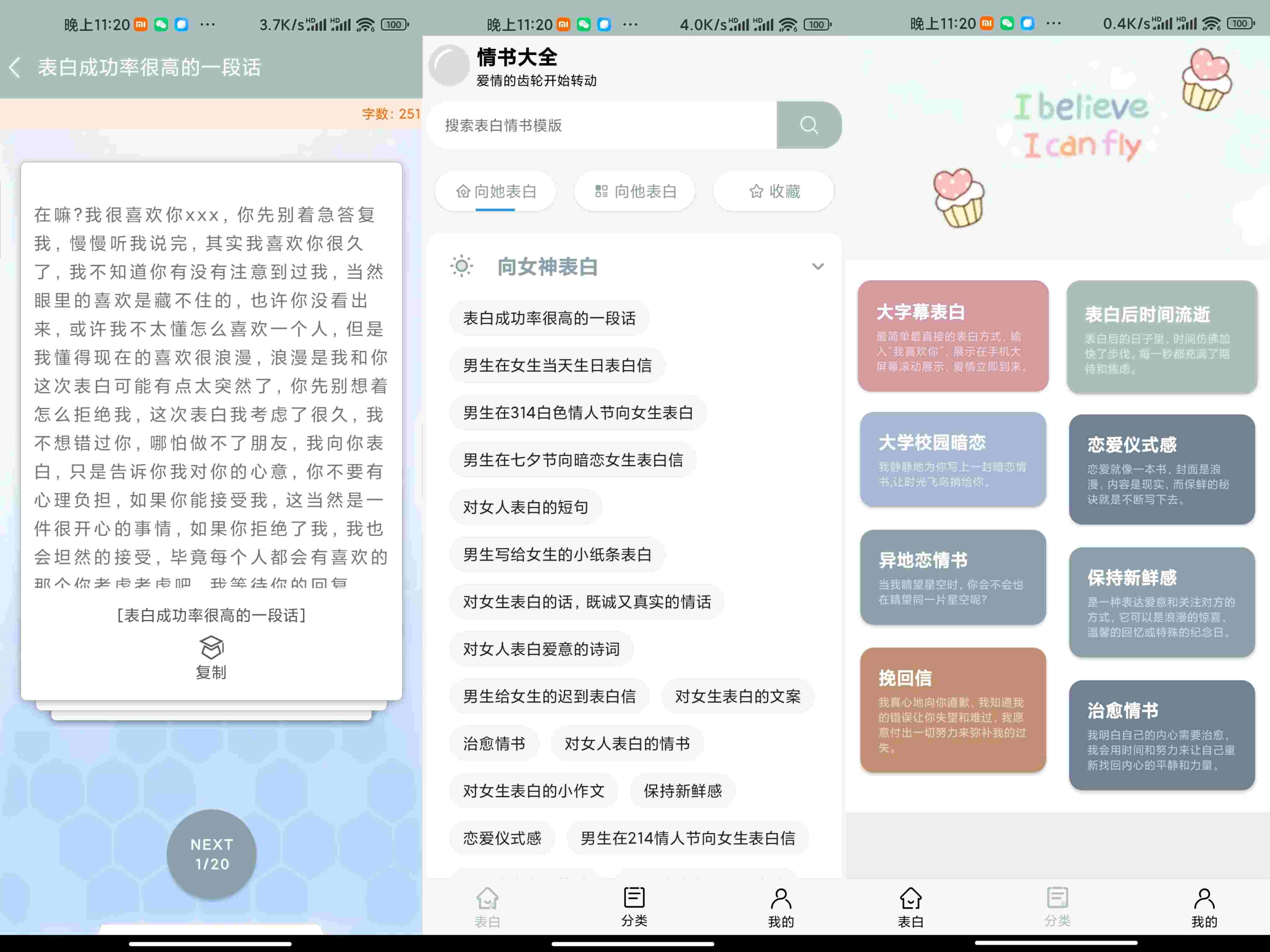
内容简介
Studies of Chinese society commonly emphasizze men's roles and functions, a not unreasonable approach to a society with patrilineal kinship structure. But this emphasis has left many important gaps in our knowl edge of Chinese life.
This study seeks to fill some of these gaps by examining the ways rural Taiwanese women manipulate men and each other in the pursuit of their personal goals. The source of a woman's power, her home in a social structure dominated by men, is what the author calls the uterine family, a de facto social unit y consisting of a mother and her children.
The first four chapters are devoted to general background material: a brief historical sketch of Taiwan and a description fo the settings in which the author's observations were made; the history of a particular family; the relation of Chinese women to the Chinese kinship system; and the interrelationships among women in the community. The remaining ten chapters take up in detail the successive stages of the Taiwanese woman's life cycle: infancy, childhood, engagement, marriage, motherhood, and old age. Throught the book the author presents detailed info rmation on such topics as marriage negotiations, childbirth, child training practices, and the organization of women's groups.

















评论列表
发表评论